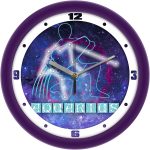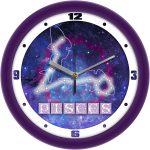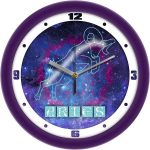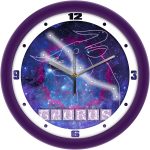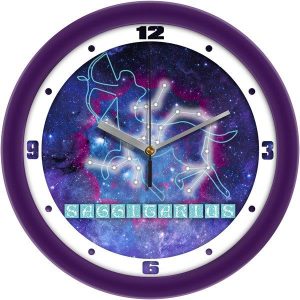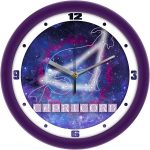Some individuals may have a deep passion for astrology and find value in exploring zodiac signs and their meanings.
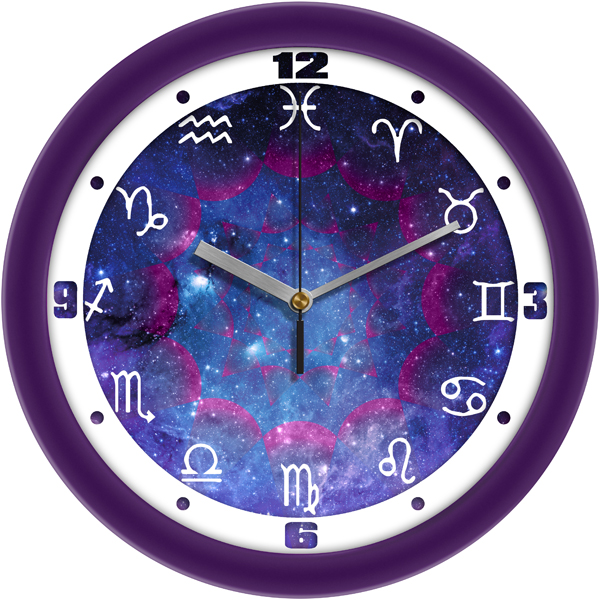
Astrology Clock
Some individuals may have a deep passion for astrology and find value in exploring zodiac signs and their meanings.
About Astrology
Astrology is an ancient practice that has its roots in the observations and interpretations of celestial phenomena. The history of astrology dates back thousands of years and has been practiced by various civilizations throughout different periods. Here’s a brief overview of the history of astrology:
Ancient Mesopotamia: The earliest known astrological records can be traced back to ancient Mesopotamia (modern-day Iraq) around the 3rd millennium BCE. The Babylonians developed a system of celestial omens, known as “astrology,” which involved interpreting the movements and positions of celestial bodies to predict events on Earth.
-
Ancient Egypt: Astrology was also practiced in ancient Egypt, where the movement of the planets and stars was associated with the gods and their influence on human affairs. Egyptian astrologers developed specific systems to determine personal characteristics and predict future events based on the alignment of the stars.
-
Ancient Greece and Hellenistic Period: Astrology gained significant influence in ancient Greece, particularly during the Hellenistic period (323 BCE – 31 BCE). Greek philosophers, such as Plato and Aristotle, contributed to the development of astrology by incorporating it into their philosophical and metaphysical frameworks. Hellenistic astrologers further refined astrological techniques and introduced concepts such as the zodiac signs, houses, and aspects.
-
Medieval and Islamic Golden Age: During the Middle Ages, astrology continued to flourish, primarily in the Islamic world. Scholars translated and studied ancient Greek and Roman astrological texts, further expanding astrological knowledge. Islamic astronomers and astrologers made significant contributions, including the development of horoscopic astrology and the refinement of astrological techniques.
-
Renaissance and Early Modern Period: Astrology continued to be widely practiced during the Renaissance and the Early Modern Period. Influential figures, such as Nicolaus Copernicus, Johannes Kepler, and Galileo Galilei, made significant contributions to astronomy, challenging certain astrological beliefs. However, astrology remained popular among the general population and many royal courts.
-
Modern Astrology: In the 19th and 20th centuries, astrology experienced a resurgence and evolved into the form of astrology known today. The works of notable astrologers, such as Alan Leo and Dane Rudhyar, contributed to the development of modern psychological astrology, emphasizing the interpretation of horoscopes as a tool for self-reflection and personal growth.
It’s important to note that astrology is considered a pseudoscience by the scientific community. While it holds cultural and historical significance, its predictive claims and methods lack empirical evidence and do not align with the principles of scientific inquiry.

